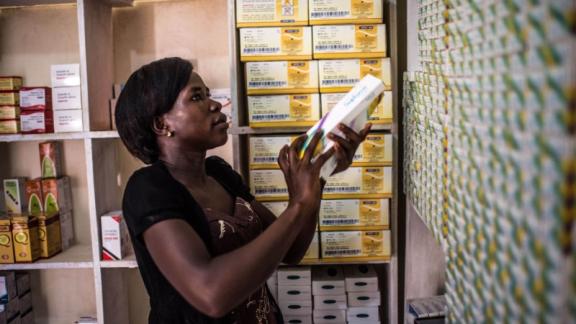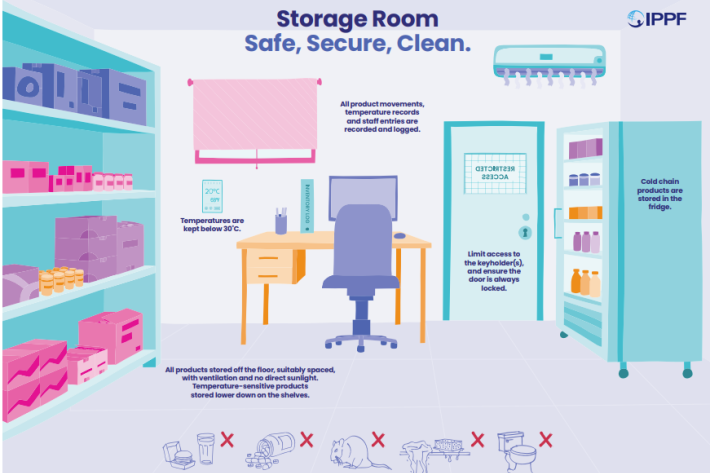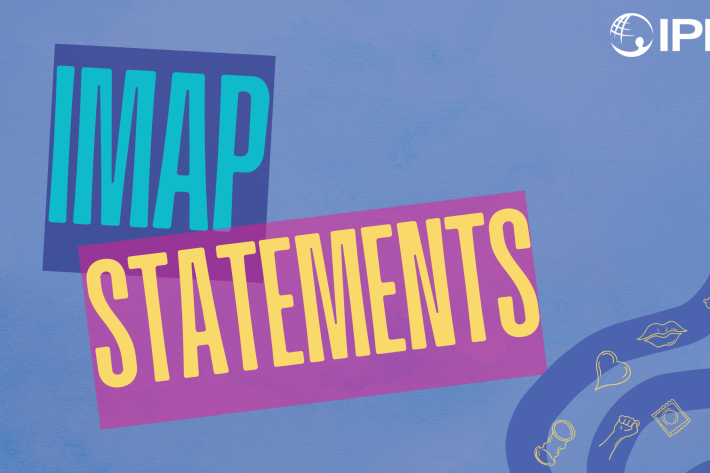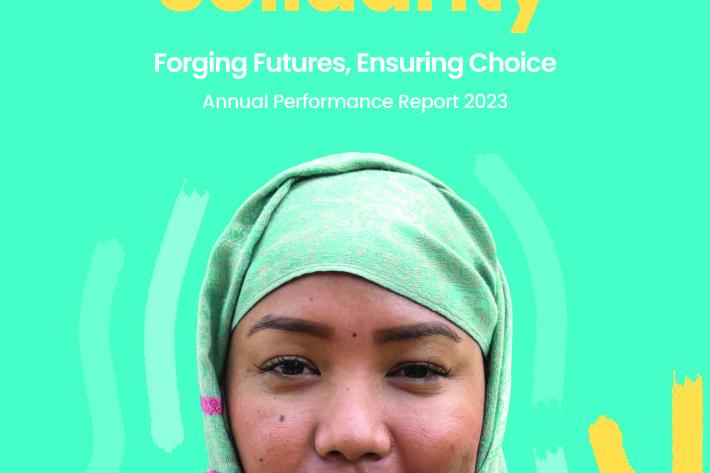Spotlight
A selection of resources from across the Federation
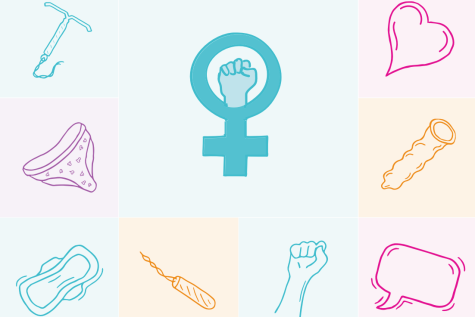
Technical Brief: Designing and Delivering Inclusive, Rights-Based Sexual and Reproductive Healthcare to Transgender and Gender Diverse People
This technical brief outlines key recommendations across several sexual and reproductive health service areas to promote access to inclusive care for transgender and gender diverse people.
Filter our resources by:

| 05 September 2016
How to improve young people’s access to safe abortion - Pakistan: Youth Friendly Spaces
Young people face unique barriers when seeking accurate information about abortion, and in accessing abortion services. This series showcases strategies implemented by IPPF Member Associations that have successfully reduced these barriers and increased young people’s access to abortion information and services. In this short summary from Pakistan, they provide a comprehensive strategy on creating Youth Friendly Spaces, outlining the key steps needed for successful implementation and highlighting key lessons learned to consider in taking this strategy forward. This guide can be used by programme managers and implementers to help design and inform strategies to ensure that young people are enabled to access the necessary support and services they need in the event of an unwanted pregnancy.
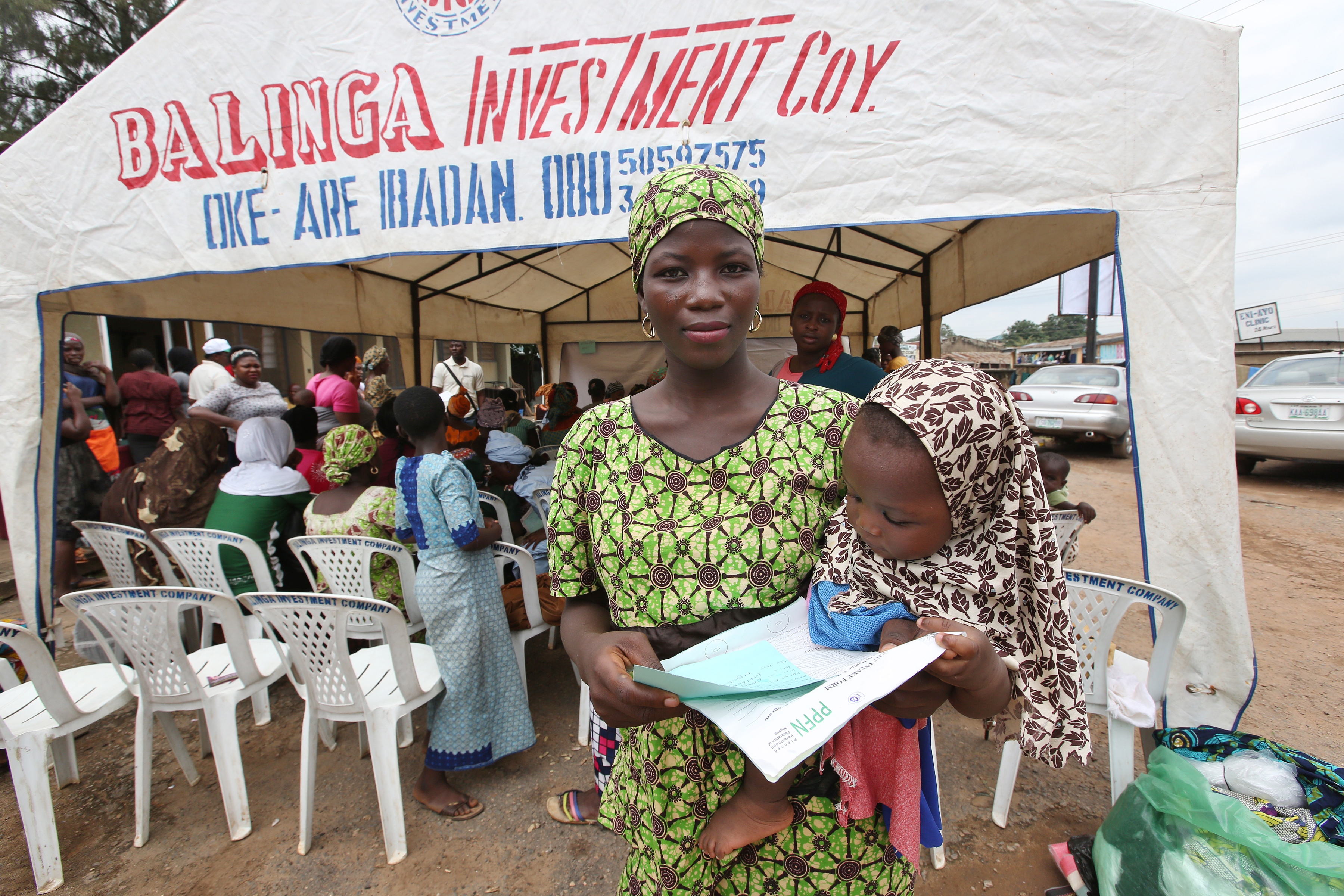
| 26 August 2016
Expanding our range of services in Nigeria
IPPF's Member Association in Nigeria, the Planned Parenthood Federation of Nigeria (PPFN), piloted a successful project over 9 months around family planning. It had a specific focus on accessing people who would not ordinarily be reached through services and worked with local partners to ensure that no one was left behind. This project, funded by the Gates Foundation, exceeded targets significantly and has the potential to be rolled out in Nigeria and other countries. It has been successful in establishing new users of contraception and other sexual and reproductive health services.

| 25 August 2016
A bright future: Lanterns for women's empowerment
Women's empowerment is key to ensuring gender equality and health equity. A partnership between public, private and civil society found a unique way to address health and gender inequalities in some of the most disadvantaged communities of northern Ghana. This short film funded by the Japan Trust Fund showcases a project that introduced solar lanterns, health and economic interventions to 20 villages.
| 22 June 2016
At a Glance 2015
Key facts and figures highlighting IPPF's achievements in 2015.
| 20 June 2016
Sustainable Development Goals and human rights
In September 2015, UN Member States adopted an ambitious new global framework – the 2030 Agenda for Sustainable Development. At the centre of the Agenda are the Sustainable Development Goals (SDGs), a set of 17 goals and 169 targets across social, economic and environmental areas of sustainable development, which UN Member States have committed to making a reality over the next 15 years.
| 17 June 2016
Financial Statement 2015
IPPF’s total income has fallen by US$10.0 million from US$126.2 million to US$116.2 million. This reduction is due to a fall in unrestricted government income of US$5.8 million, a reduction of restricted government income of US$6.2 million and reduced donations in kind of US$0.6 million offset by an increase in restricted grants from multilaterals of US$4m with the balance of US$0.9 million decrease in other income and trading activities. The total decrease is split between restricted and unrestricted funds by US$2.3 million and US$7.6 million respectively. With the exception of Norway and Japan, all government (more significantly Australia and Sweden) donors have held level or increased their unrestricted funding to IPPF in the donor currency. However the strengthening of the US dollar has had a significant impact, effectively reducing US dollar unrestricted income by approximately 14% on a like for like basis compared to 2014. Total expenditure has decreased from US$137.5 million to US$131.8 million. Unrestricted expenditure has risen from US$84.2 million to US$85.6 million while restricted expenditure has fallen from US$53.3 million to US$46.2 million. The increase in unrestricted expenditure is driven by an exchange loss (US$1.9 million) and the use of US$8.9m designated funds to provide support in a number of areas: support in South Asia for system strengthening (US$2.3m); support for resource mobilization at regional and central level (US$1.5 million); campaign and advocacy for UN Liaison office (US$0.9 million); scale up fund for SGBV support to MAs (US$0.5 million); contingency spend on various activities (US$0.4 million). Restricted expenditure levels are driven by the timing of donor funded programmes, which vary on a year-by-year basis. This has resulted in an unrestricted net operating expenditure of US$13.4 million before other unrecognized gains and losses and a restricted deficit of US$2.1 million, to generate a total operating deficit of US$15.6 million. After taking into account actuarial gain on the defined benefit pension scheme and investment losses the resulting net movement in funds was a reduction of US$13.6 million. The level of unrestricted income received was approximately US$4 million less than forecast primarily due to the strength of the US dollar versus donor currencies and the expenditure in excess of income levels was funded using approved designated funds (US$2m million). This resulted in a decrease in general reserves to US$21.9 million and a fall in designated reserves to US$73.3 million.
| 16 June 2016
Locally owned
We want to enable all women and girls to decide about their body, the size of their family, their education and future. We provide services to meet their contraceptive needs, and bring about policy changes locally and globally, as their sexual and reproductive rights are human rights.
| 16 June 2016
IPPF and Youth
The world has the largest youth generation ever. IPPF is putting young people at the heart of its services: with them, we want to change social norms and guarantee their rights.
| 16 June 2016
Social Enterprise
As lack of funding is threatening health and the lives of millions of women and girls, we're turning to social enterprises to generate funds. This helps our Member Associations to increase their services.
| 16 June 2016
Women, Girls and Gender
The data about gender inequality are shocking: millions of women are victims of early marriage, female genital mutilation and different sorts of gender violence and discrimination.







